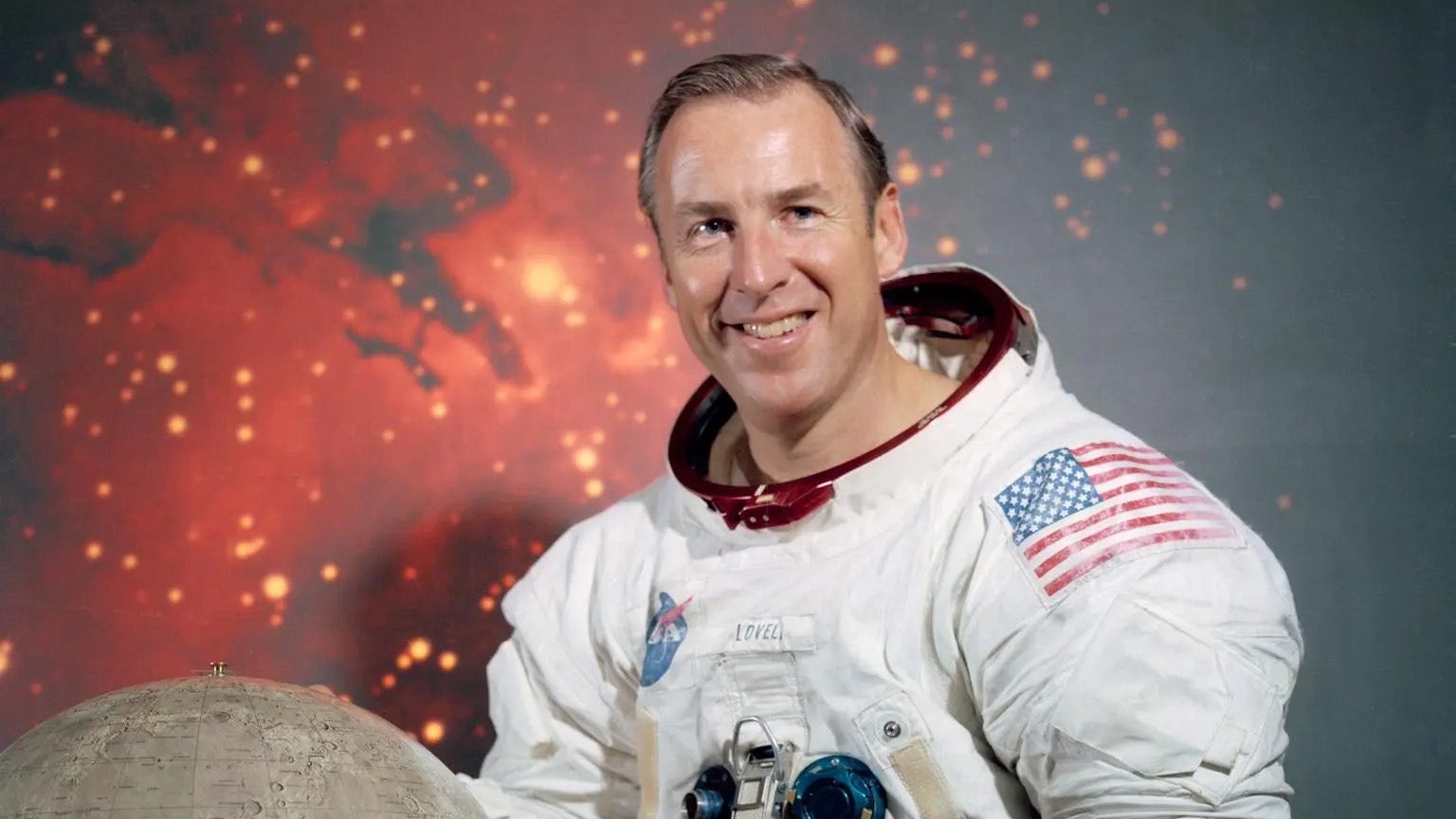What Happened
Jim Lovell, the renowned Apollo 13 mission commander and astronaut, passed away on August 7, 2025, at the age of 97 in Lake Forest, Illinois. His family announced his death, expressing pride in his remarkable life and career while also emphasizing his role as a beloved father and grandfather. Lovell was celebrated for his leadership during the Apollo 13 mission, which faced a critical in-space emergency when an oxygen tank exploded, jeopardizing the crew’s safe return to Earth. His calm demeanor and quick thinking were pivotal in navigating the crisis, ultimately leading to the crew’s safe landing.
Lovell’s contributions to space exploration extended beyond Apollo 13. He was also the command module pilot for Apollo 8, the first mission to orbit the Moon, which laid the groundwork for future lunar landings. His legacy is marked by his pioneering spirit and significant impact on NASA’s human spaceflight programs.
Key Details
- Date of Death: August 7, 2025
- Age: 97
- Location: Lake Forest, Illinois
- Career Highlights:
- Commanded Apollo 13 during a critical mission in 1970.
- Served as command module pilot for Apollo 8, which orbited the Moon.
- Participated in two Gemini missions prior to Apollo.
- Family Statement: Lovell’s family described him as a hero and a source of inspiration, noting his optimism and sense of humor.
- NASA’s Response: Acting NASA Administrator Sean Duffy issued a statement mourning Lovell’s passing and celebrating his contributions to space exploration, highlighting his role in shaping future missions.
Multiple Perspectives
The reactions to Lovell’s death reflect a deep respect for his contributions to space exploration. NASA’s statement emphasized his character and courage, noting that his actions during Apollo 13 turned a potential tragedy into a learning experience for future missions. Duffy remarked on Lovell’s legacy as a pioneer who helped forge a historic path in space exploration.
Conversely, some commentators have pointed out that while Lovell’s achievements are significant, they also represent a broader narrative of human exploration and the challenges faced in space travel. This perspective highlights the collaborative efforts of many individuals and teams at NASA that contributed to the success of missions like Apollo 13.
Context & Background
Jim Lovell’s career in space exploration began in the early 1960s when he was selected as an astronaut by NASA. His involvement in the Gemini and Apollo programs placed him at the forefront of human spaceflight during a pivotal era in U.S. history. The Apollo 13 mission, which was intended to be the third manned lunar landing, became famous not only for its near-disaster but also for the successful teamwork and ingenuity that brought the astronauts home safely.
The legacy of Lovell and his fellow astronauts continues to influence current and future space missions, including NASA’s Artemis program, which aims to return humans to the Moon. Lovell’s story has been immortalized in popular culture, notably through the 1995 film “Apollo 13,” where he was portrayed by actor Tom Hanks, further cementing his status as a symbol of resilience and leadership in the face of adversity.
What We Don’t Know Yet
While Lovell’s passing has been confirmed, the full impact of his legacy on future space exploration is still unfolding. As NASA continues to develop its Artemis missions and explore Mars, the lessons learned from Lovell’s experiences and the Apollo program will likely inform new strategies and technologies. Additionally, the broader implications of his life and work on public interest in space exploration and education remain to be fully assessed.
There may also be further reflections and tributes from colleagues, historians, and space enthusiasts that could provide additional insights into Lovell’s influence on the field. The ongoing conversations about the future of human spaceflight will likely draw upon the foundational work laid by Lovell and his contemporaries, but specific details about how his legacy will shape these discussions are still developing.


